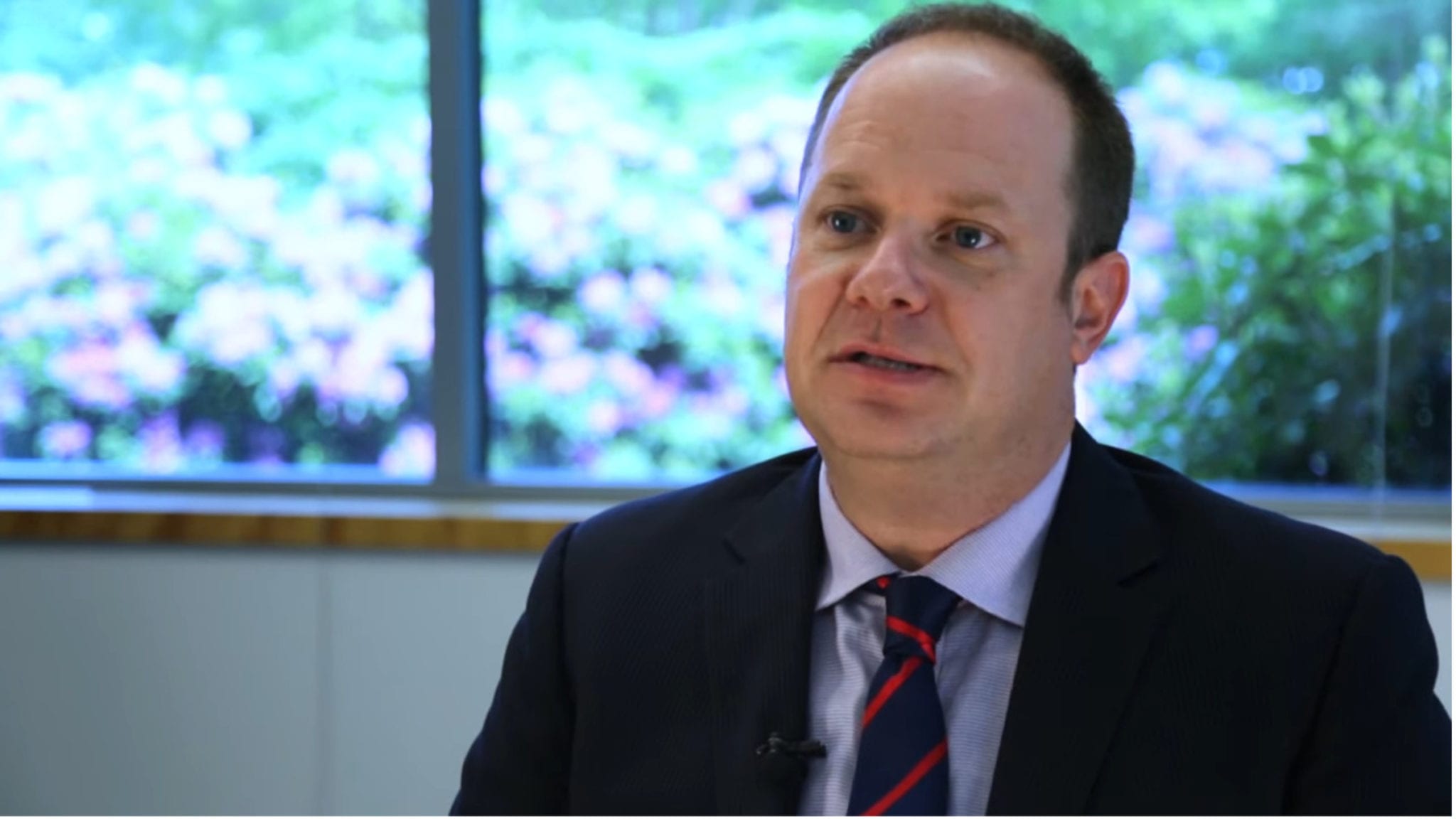
Another Corbus program hits the skids after late-stage flop, plummeting the small biotech's shares
Corbus Pharmaceuticals’ plans to position lenabasum as a pipeline-in-a-product aren’t going so well.
After shelving a program in scleroderma, the Norwood, MA-based biotech has revealed that its lead candidate failed both the primary and secondary endpoints in another Phase III trial.
Lenabasum failed to show a statistically significant difference in total improvement compared with placebo in treating dermatomyositis, a rare disease that causes muscle inflammation and skin rash, the company said Thursday. The news sent Corbus’ $CRBP stock spiraling around 30% early Thursday morning.
Unlock this article instantly by becoming a free subscriber.
You’ll get access to free articles each month, plus you can customize what newsletters get delivered to your inbox each week, including breaking news.